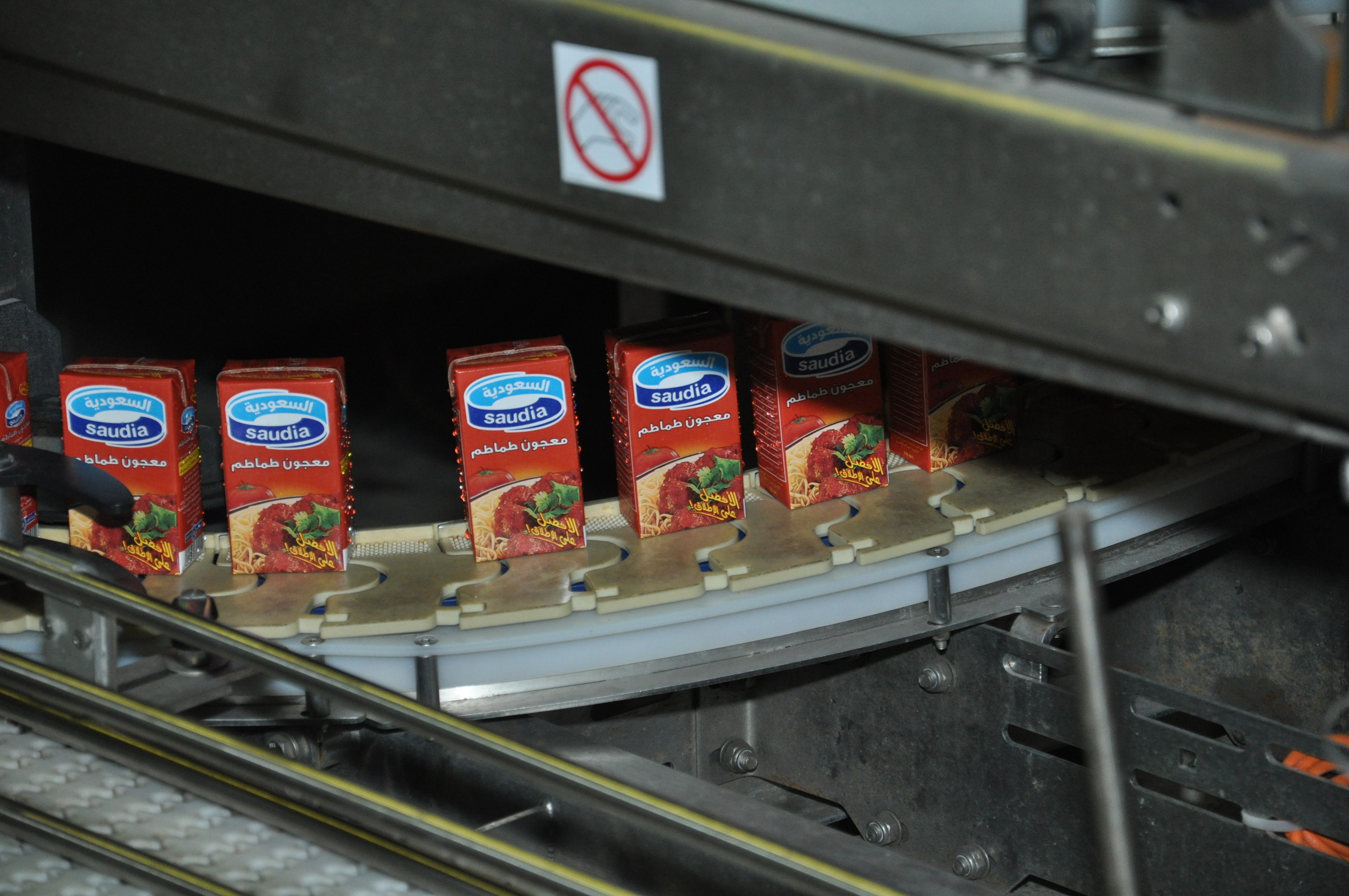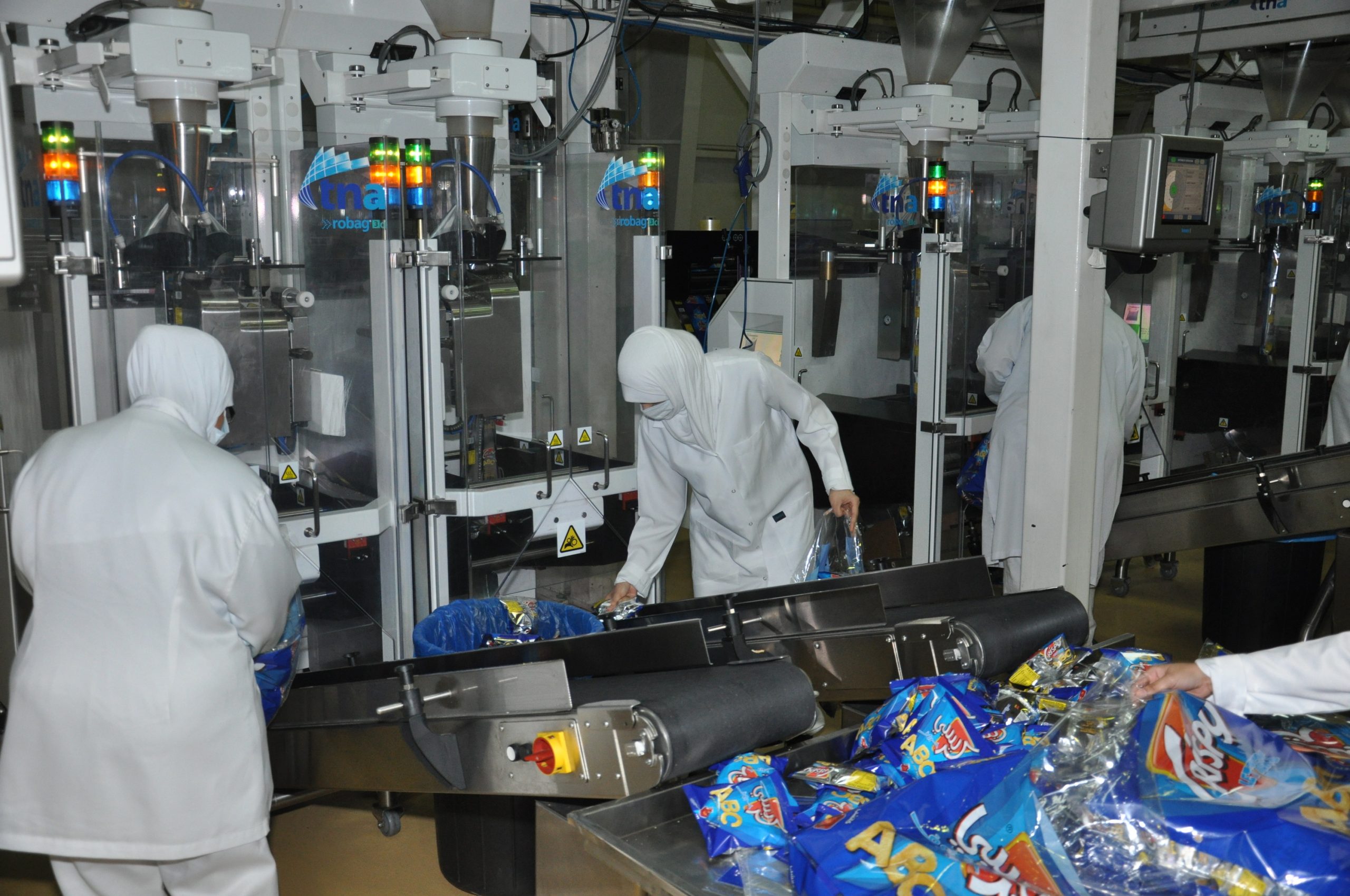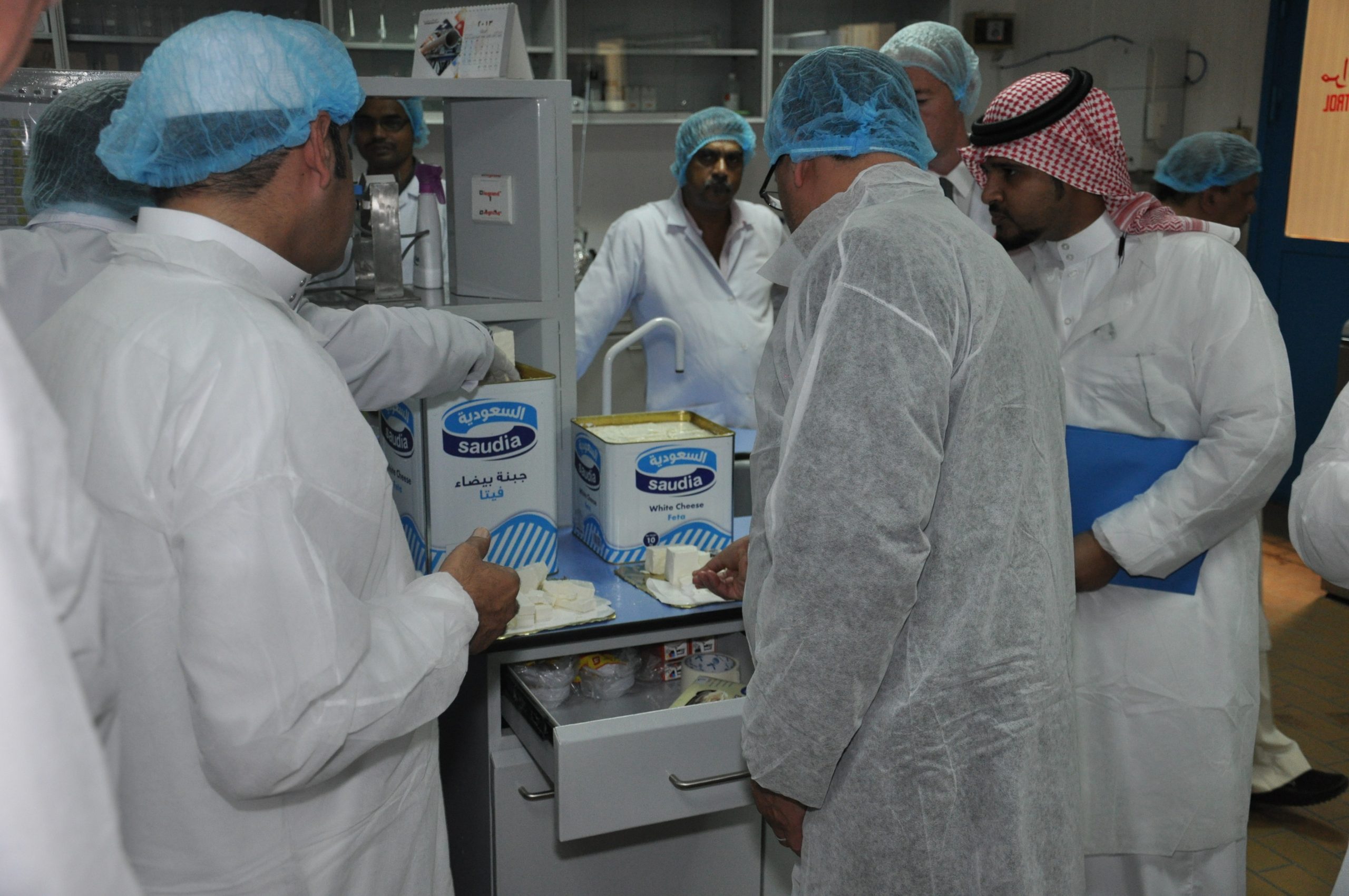Saudia Dairy and Foodstuff Company (SADAFCO), a significant food manufacturer, and distributor all across the Middle East, was founded in 1976. Its leading brand ‘SAUDIA‘ dominates Long Life Milk, Tomato Paste, and Ice Cream markets in Saudi Arabia.
With SADAFCO as a market leader, it is critical to recognise that the success behind its remarkable performance is not just the company’s quality and branding but also its excellent logistics and supply chain operations. Dairy goods are sensitive products which require an agile supply chain facilitator through the entire value-chain, from product manufacture through fresh delivery to retailers and the end-customer. Also, remember other vital factors, like the ongoing adaptation of automation, technology, and collaboration with the best suppliers.
Adequate due diligence for supply identification and assessment is critical for efficient supply chain management. SADAFCO constantly evaluates existing and future suppliers for every sub-category sourcing to maintain a balanced risk-to-value strategy across a diverse supplier base. Especially in the case of raw materials and packaging materials. “At SADAFCO, we are constantly vigilant to ensure we never find ourselves 100% dependent on a single supplier to defend the company from any potential monopolist behaviour from any supply,” says Patrick Stillhart, Chief Executive Officer, SADAFCO.

Additionally, consolidation of indirect expenses makes solid commercial sense at SADAFCO right now, but primarily in offering centralised subject matter procurement knowledge throughout the company while keeping a diverse supply base.
Consolidating indirect expenditures offers several advantages, including negotiating a lower price with a diverse supplier base. “For example, instead of having each department negotiating and raising POs for indirect expenses, a consolidated planning approach can free up time for people to focus on more value-generating activities,” says Patrick.
In general, a corporation with well-planned integrated transactions has higher purchasing power. This results in considerable cost savings for the organisation, which might be reinvested in other parts of the business or passed on to customers to compensate for inflationary pricing increases.
SADAFCO is currently the sole secondary distributor (depot to retailer) for all our products. SADAFCO, on the other hand, is constantly ready to compare our primary and secondary distribution costs to other possible opportunities in the markets and channels they serve. Features which SADAFCO considers for selecting the right distributor are:
- Product mix: types of products carried, including competitive, supplementary and complimentary items.
- Financial stability: credit history and timeliness of payments.
- Sales and marketing capabilities: the size of outside and inside sales force, ability to generate leads, selling skills, and technical competence.
- Sales performance: past sales history for same or similar products.
- Growth potential: capability of a distributor to keep pace with any anticipated growth in the local market.
- Technology capabilities: possession of and familiarity with the technology required to do business together most efficiently.
- Management ability: distributor viewpoint on human resources, planning, training, financial management, and communication.
- Overall fit: how well our goals, operating philosophies, and business practices match the distributors.

As a significant regional food manufacturer, the firm has also established an FSMS following the globally recognised ISO 22000:2018 standard. FSMS is a network of interconnected elements that work together to guarantee that food does not negatively impact human health. This includes all the programmes, plans, policies, procedures, practises, processes, objectives, controls, roles, responsibilities, paperwork, records, and resources used in the food processing process. SADAFCO has developed a smooth logistical operation for its products across the country by applying these regulations.
“We have identified technology-based solutions and automation as one of our main tools to enhance resource and delivery efficiencies across the value chain. ‘Digital factories’ are one of our major digitisation programs, which we have initiated during the year at the Jeddah factory,” adds Patrick. This digital milk factory’s holistic and real-time data will boost efficiency, production, traceability, supplier performance, and environmental compliance. It also enhances production workflow control and the transfer of everything from raw materials to work-in-progress and final items, improving overall human and resource performance efficiency.
The next stage in their endeavour to optimise operations and minimise emissions is the introduction of Artificial Intelligence-based technologies for determining vehicle product load. “We created a customised and automated daily van load system. Before distribution, the algorithm in this system examines aspects such as sales history, promotional plans, new launches, inventories, and macro and micro external factors.” This solution assists in removing route redundancies and repeated visits, as well as increasing order compliance. They have tested the resolution, which will be applied shortly.

Correspondingly, the continued focus on automation and operation systems has again generated significant efficiency gains in manufacturing and supply chains. At SADAFCO, technology-based solutions and automation are one of the main tools they use to optimise our operations, enhance resource utilisation, streamline delivery efficiencies and much more. “We see the value the data offers us in improving our business and better placing us to make optimal decisions that are good for the environment continually,” states Patrick.
SADAFCO is committed to offering high-quality services and values user feedback on its goods. It is also committed to handling complaints promptly, efficiently, effectively, and equitably. Complaints are a regular aspect of doing business in the retail industry, and we take them with decency and expertise. Patrick adds, “We are fortunate that we don’t have a particular area that our consumers frequently complain about. We proactively manage issues as they arise and have established a formal complaint management process to record and solve all consumer complaints.”
Regarding plans, SADAFCO has some new projects lined up for 2023. During 2023, they are also working towards expanding their current solar plans to approximately an additional 8 SADAFCO sites. This will result in a healthier working environment for employees and neighbours and reduce the quantity of power required from the national grid. SADAFCO is finalising project charters to target saving an additional 100 million litres of valuable fresh water annually.
“We have quite a few projects in the pipeline. We are upgrading the forklifts at all depots and factories to a completely electric fleet, and in some cases like Jeddah Central Warehouse, are powered by solar panels,” concludes Patrick.

